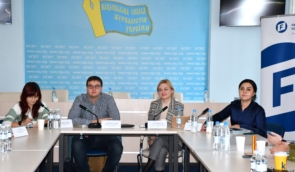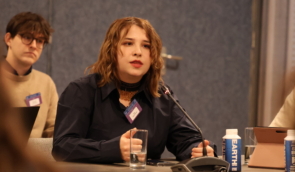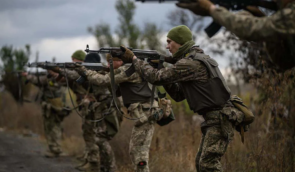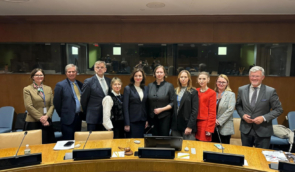Alena Lunova in The Hague: Ukraine already has its own experience in building a system of search for missing persons
On 3 April 2025, the Advocacy Director of the Human Rights Centre ZMINA, Alena Lunova, spoke in The Hague at an expert panel discussion “Pathways to Reparations for Missing Persons in Ukraine: Legal and Institutional Response”. The event was organised by the International Commission on Missing Persons and the Register of Damage Caused by the Aggression of the Russian Federation for Ukraine (RD4U).
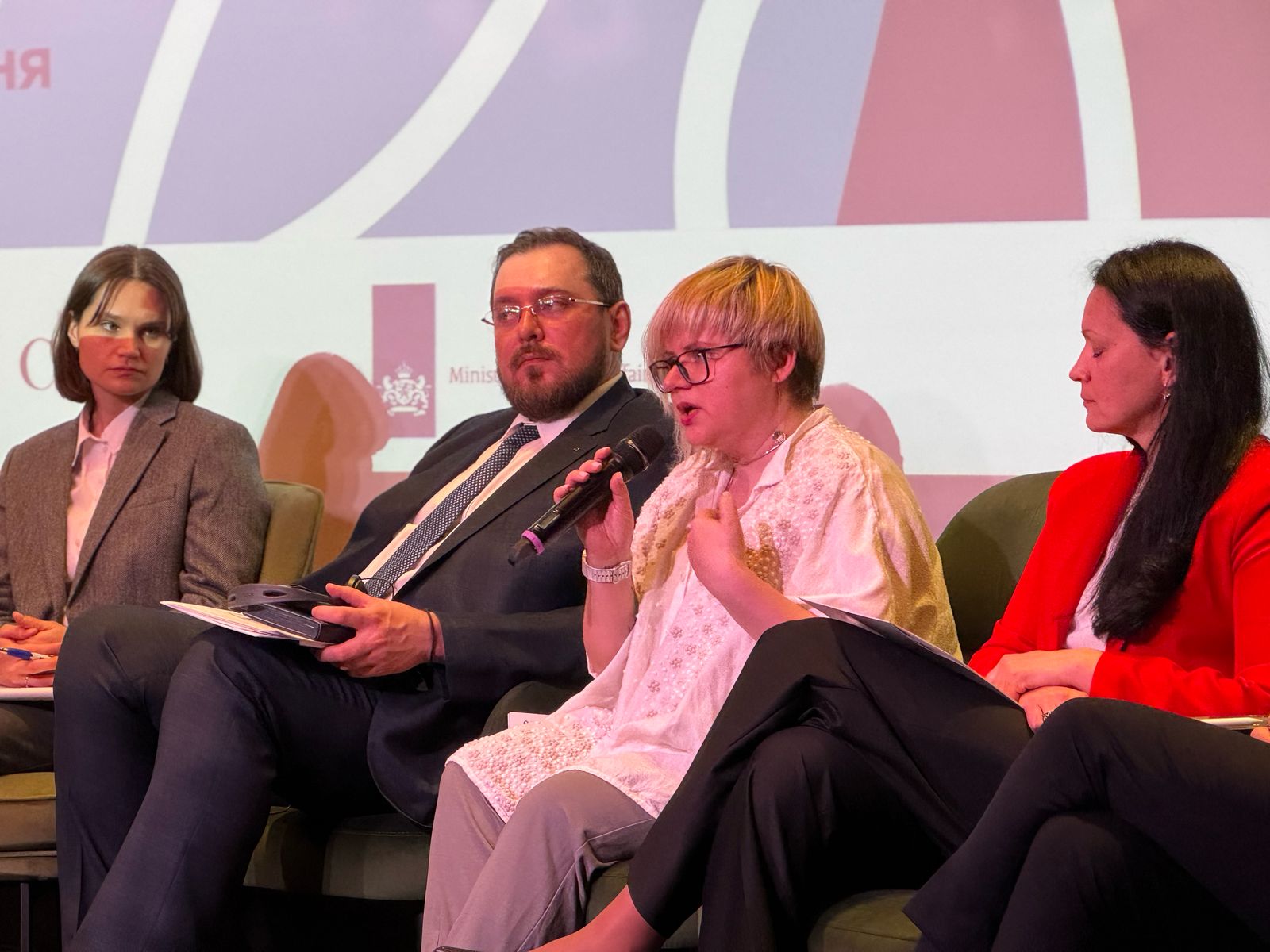
In her speech, Alena Lunova said that the issue of missing persons has been relevant for Ukraine for more than 11 years, since the occupation of Crimea in 2014, and focused on the challenges that Ukraine faces in searching for missing persons and the importance of developing an effective system of support for their relatives.
“The number of missing persons – both civilians and military – is measured in tens of thousands. That is why it was important to establish special procedures and institutions to deal with the search, including separate mechanisms such as search teams,” she said.
At the same time, Lunova stressed that Ukraine began to build a system for searching for missing persons, including legislative mechanisms, in the first years after the beginning of the Russian armed aggression.
“In fact, Ukraine has already done a lot to search for missing persons under special circumstances. When we started drafting the law in 2016, it was only the second year after the start of Russia’s armed aggression against Ukraine. In other countries, similar initiatives appeared much later: for example, the law of Bosnia and Herzegovina was adopted almost 10 years after the end of the war,” Lunova said.
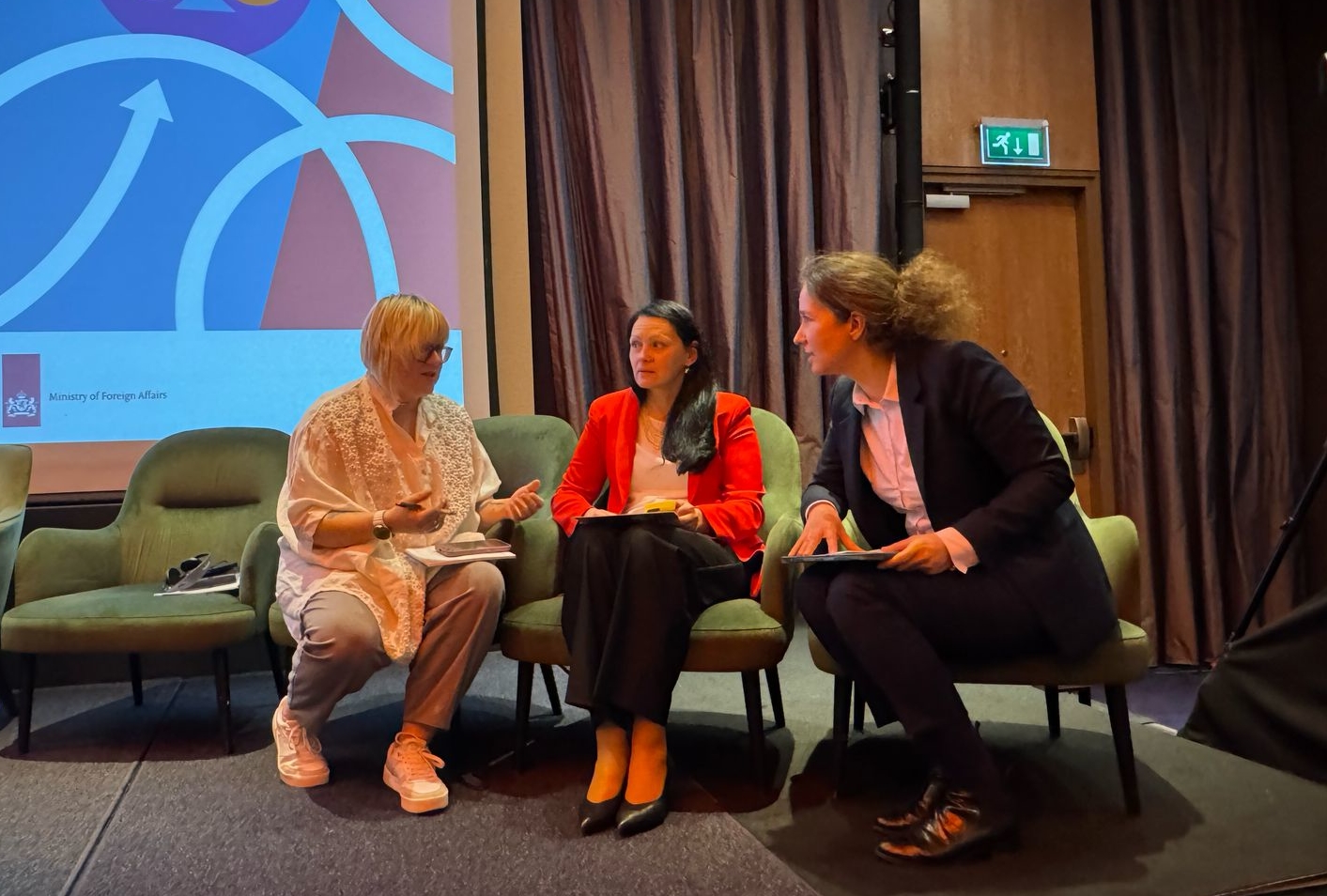
According to her, the law “On the Legal Status of Persons Missing in Special Circumstances”, adopted in 2018, began to function after the start of the full-scale invasion, but it laid down three key elements of the system for searching for missing persons: the institution of the Commissioner for Missing Persons, a special register and a system of support for relatives of victims.
The human rights defender paid particular attention to the issue of supporting the families of the missing persons. She noted that they not only need legal, social and psychological assistance, but also have the right to justice and memorialisation.
“Usually, when people talk about memorialisation, they mean the deceased. But the relatives of the missing may also need special forms of remembrance of their relatives whose whereabouts are currently unknown,” said Alena Lunova and she called on international partners to share their experience with Ukraine on what such memorialisation could look like.
PHOTO: The Media Initiative for Human Rights.
If you have found a spelling error, please, notify us by selecting that text and pressing Ctrl+Enter.


